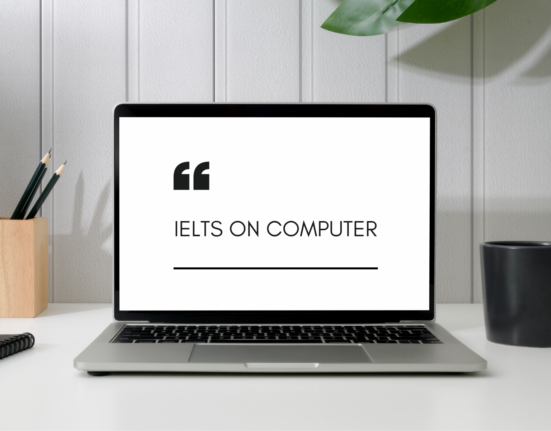English, with its vast vocabulary and myriad of rules, can be a labyrinth of complexities for learners and even native speakers alike. Among the myriad of words, some stand out for their unique intricacies, often causing confusion or misinterpretation. Let’s delve into 12 of these tricky English words, unraveling their meanings and shedding light on their correct usage.
- Affect vs. Effect: One of the most common conundrums in English, these words are often confused due to their similar spellings. “Affect” is usually a verb, meaning to influence or produce a change, while “effect” is generally a noun, denoting the result of that change.
- Accept vs. Except: While “accept” means to receive willingly, “except” is used to exclude something. Remember, you might accept all invitations except one.
- Principal vs. Principle: “Principal” refers to a person in a leading position or the main sum of money. On the other hand, “principle” relates to a fundamental truth, law, or belief.
- Complement vs. Compliment: These words sound similar but have distinct meanings. “Complement” refers to something that completes or enhances something else, whereas “compliment” is an expression of praise or admiration.
- Stationary vs. Stationery: The difference between these two lies in one letter, but it’s crucial. “Stationary” means not moving or fixed in one place, while “stationery” refers to writing materials.
- Its vs. It’s: This is a common error even among proficient English speakers. “Its” is a possessive pronoun, indicating ownership, while “it’s” is a contraction of “it is” or “it has”.
- Their vs. There vs. They’re: Another trio that often confuses writers. “Their” is a possessive pronoun, “there” indicates a place or location, and “they’re” is a contraction of “they are”.
- Farther vs. Further: Although these words are used interchangeably in casual conversation, “farther” usually refers to physical distance, while “further” typically denotes figurative advancement or progress.
- Ensure vs. Insure vs. Assure: While these words share the commonality of guaranteeing something, they are used in different contexts. “Ensure” means to make certain, “insure” relates to providing financial protection, particularly in terms of insurance policies, and “assure” means to reassure or give confidence.
- Lie vs. Lay: This pair often stumps people. “Lie” means to recline or be in a resting position, while “lay” requires an object and means to put or place something down.
- Than vs. Then: “Than” is used to make comparisons, while “then” typically relates to time or sequence, indicating what happens next.
- Whose vs. Who’s: Similar to “its” and “it’s“, “whose” is a possessive pronoun, indicating ownership, while “who’s” is a contraction of “who is” or “who has”.
Mastering these tricky English words requires patience, practice, and attention to detail. Whether you’re a native speaker or a language enthusiast, understanding the nuances of these words can significantly enhance your communication skills and prevent misunderstandings.
Remember, language is a living entity, evolving over time, and it’s okay to make mistakes. What’s crucial is the willingness to learn and improve. So, the next time you encounter these tricky words, approach them with confidence, armed with the knowledge to conquer them effectively. Happy learning!














